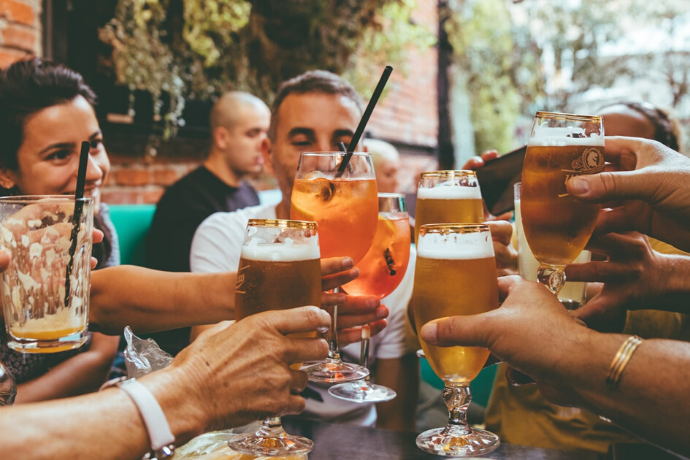
Whilst abstaining from alcohol for a month may seem impossible in our culture, there are many benefits to being alcohol-free for 31 days. Here are five changes that happens to our body when we give up alcohol for a month:
1. Decreases your risk of getting cancer
Did you know that alcohol increases the risk of head, neck, oesophageal, liver, breast and colorectal cancers? A report by the National Cancer Institute (NIH) revealed that even light drinkers (those who have no more than one drink per day) and binge drinkers have a modestly increased risk of some cancers.
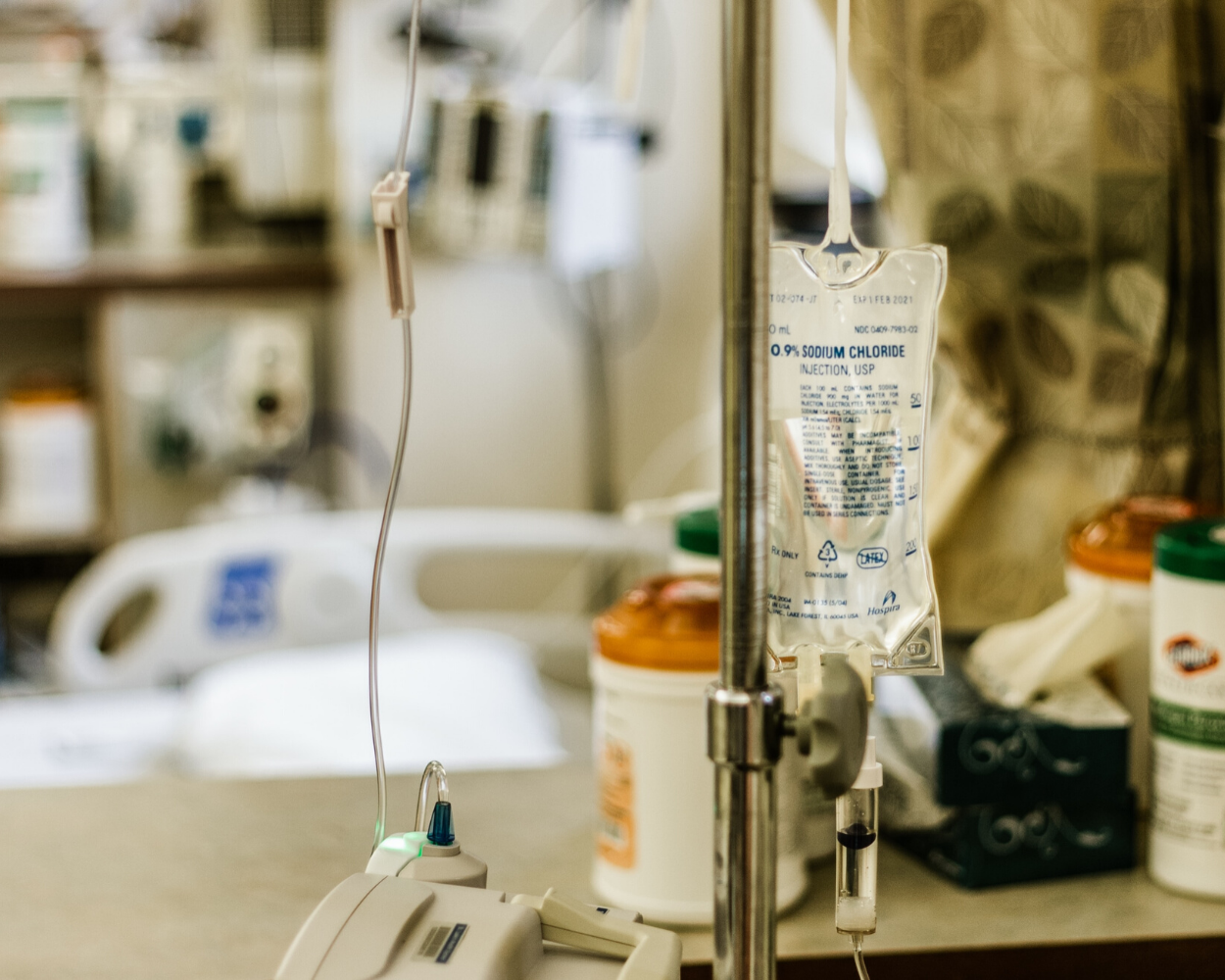
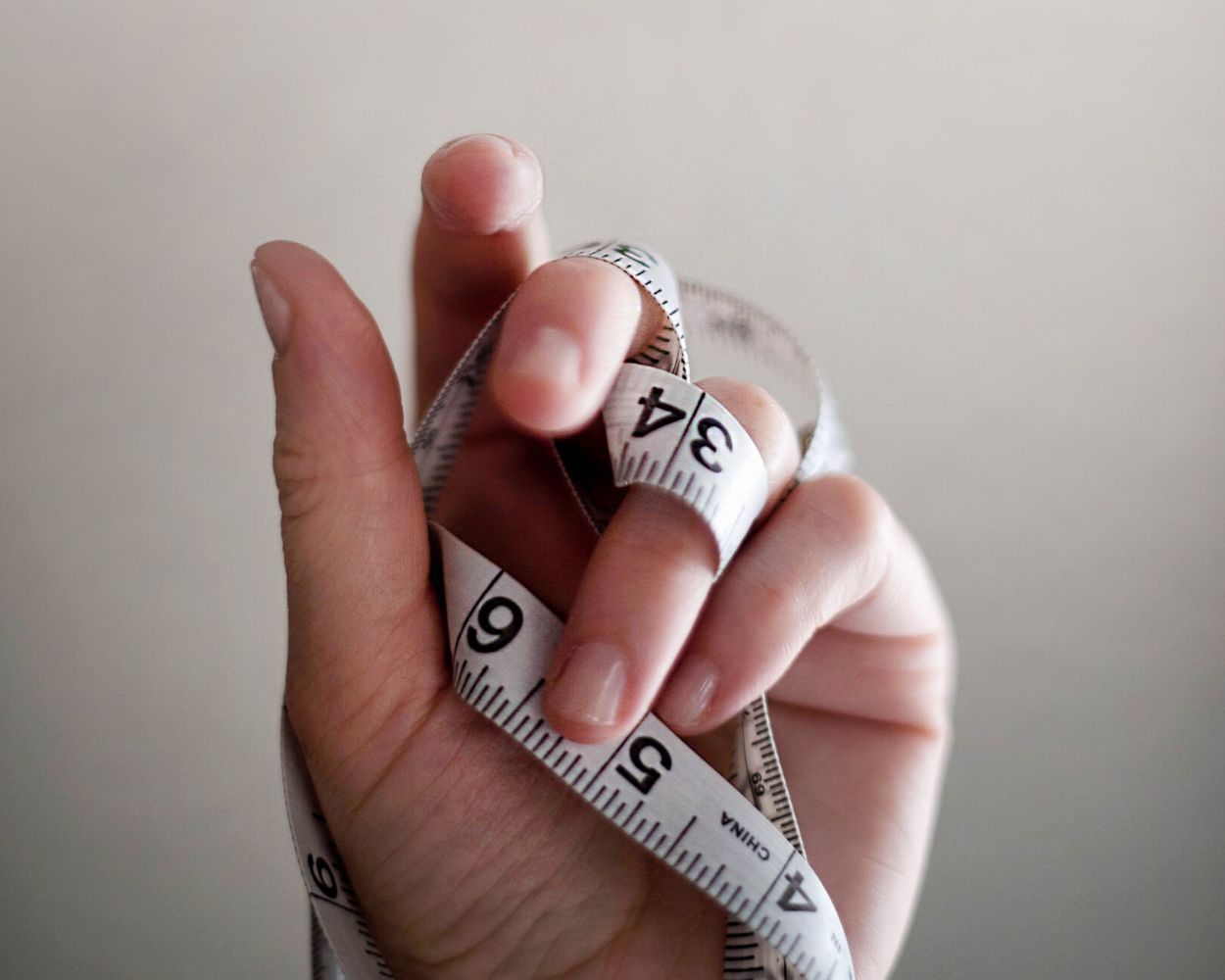
2. Weight loss
Alcoholic drinks are often high in empty calories, meaning, they provide your body with calories but contain very little nutrients. A pint of beer contains the same amount of calories as a large slice of pizza. The extra calories from our alcoholic drinks end up being stored as fat in our bodies and they usually accumulate around the abdominal area, causing a ‘beer belly’. According to a study by The University of Sussex, 58 percent out of 800 participants who took part in a ‘Dry January’ challenge, lost weight after giving up alcohol for a month.
3. Boosts long-term health
Consuming too much alcohol can increase your blood pressure over time. Studies have shown that cutting alcohol for a month can reduce blood pressure levels, which can be crucial in lessening the risks of health problems such as heart problems and stroke.
Ditching alcohol for a month also improves the function of your liver, as your liver will start to shed excess fat. Within four weeks, liver fat can be reduced by 15 percent on average.

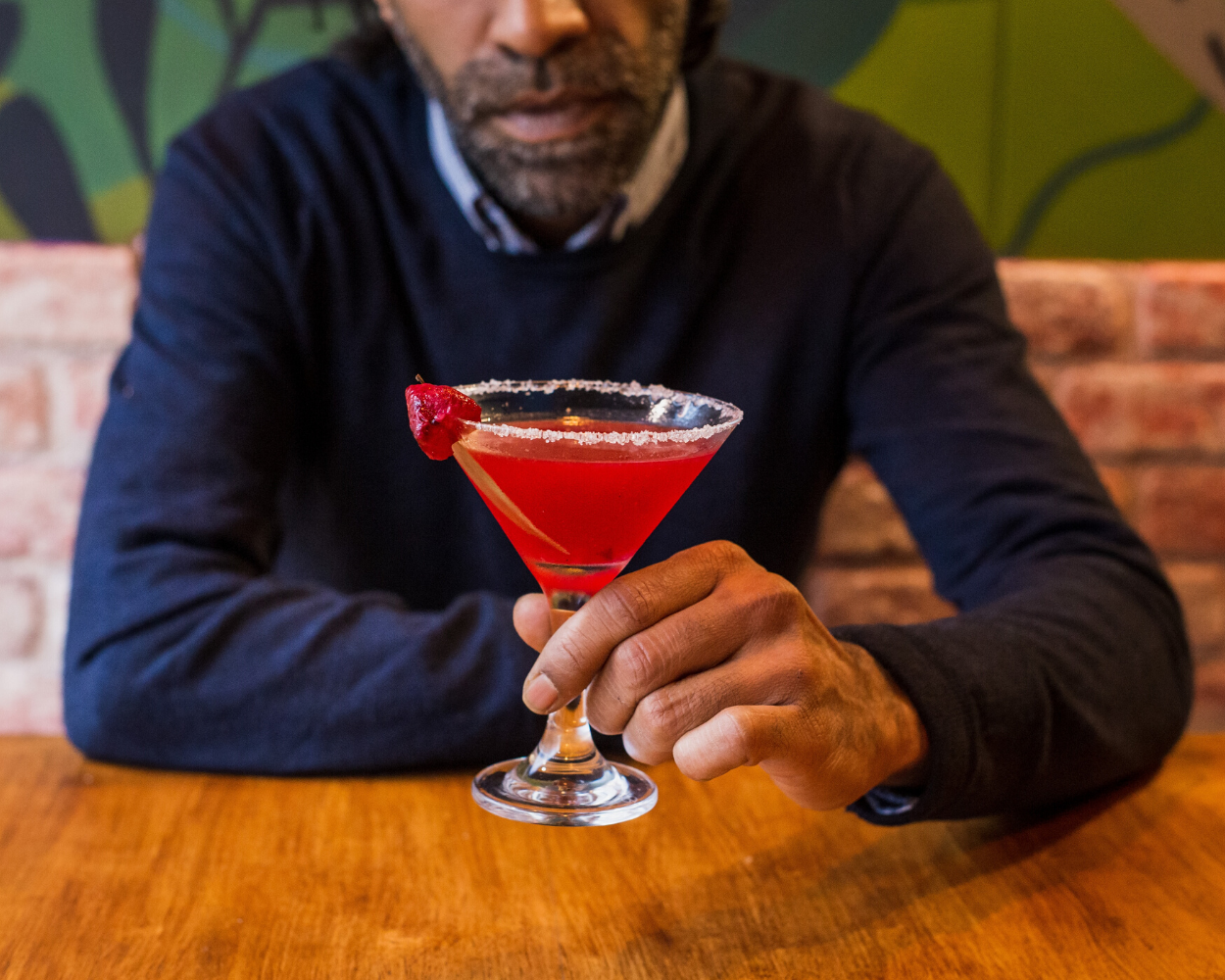
4. Changes your relationship with alcohol
In an episode of ‘Trust me I’m a doctor’, Dr Michael Mosely ran an experiment with 30 volunteers to investigate whether stopping alcohol for a short time makes a difference to our health and habits. Amongst them were light drinkers (who typically drank about 7 to 9 drinks a week and heavy drinkers who drank about four times as much). The volunteers were split into two groups – one group drank the same as usual, the other group completely abstained from alcohol for a month. The study found that after a month of alcohol abstinence, heavy drinkers cut down their alcohol in the following weeks after the experiment by more than 70 percent. Some heavy drinkers even reduced their alcohol intake to zero!
5. ‘Alcohol helps with sleep’- A myth debunked by Nutritionist Shelley McKenzie
According to nutritionist Shelley McKenzie, “Alcohol is one of the most common sleep aids, and in truth alcohol does actually reduce sleep onset latency. Meaning, it can help us fall asleep quicker. This is probably why many adults think reaching for the nightcap will help improve their sleep, but the truth is alcohol actually disrupts your circadian rhythms and your REM (Rapid Eye Movement) stage of sleep which is the most important part of your sleep cycle for mental restoration. And, research shows that the more you drink and the closer you drink to your bedtime the more it negatively impacts your sleep. This can leave you feeling tired and worn out the next day. Having alcohol free days can certainly help your quality of sleep, energy levels and hydration levels within the body.”
A study by The University of Sussex revealed that, 71 percent out of 800 participants who took part in a ‘Dry January’ challenge, enjoyed better quality of sleep after ditching alcohol for a month.
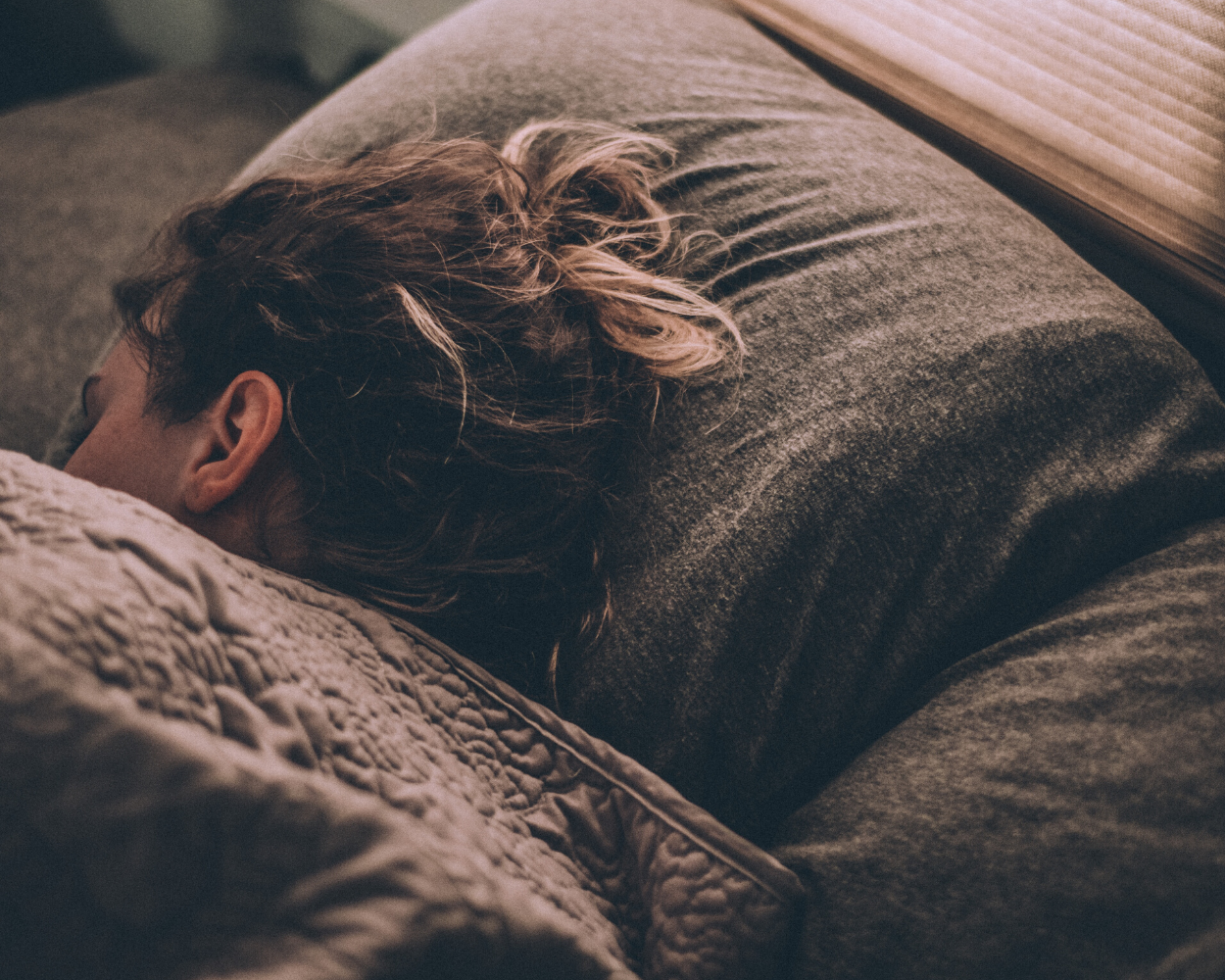
By Shelley McKenzie.
Nutrition | Naturopath at Freedom Wellness
Find her at:
Instagram: freedomwellness
Facebook: freedomwellness15
Sources:
https://www.onhealth.com/content/1/how_much_water_to_drink
https://www.priorygroup.com/blog/benefits-of-giving-up-alcohol-for-a-month
https://www.medicalnewstoday.com/articles/324079.php#4
https://www.sbs.com.au/ondemand/video/1452183107594/michael-mosley-trust-me-im-a-doctor
https://www.sussex.ac.uk/news/all?id=47131
https://www.healthline.com/health/alcohol-and-weight-loss#alcohol-and-weight-loss
https://www.drinkaware.co.uk/alcohol-facts/health-effects-of-alcohol/calories/calories-in-alcohol/
https://www.cancer.gov/about-cancer/causes-prevention/risk/alcohol/alcohol-fact-sheet


